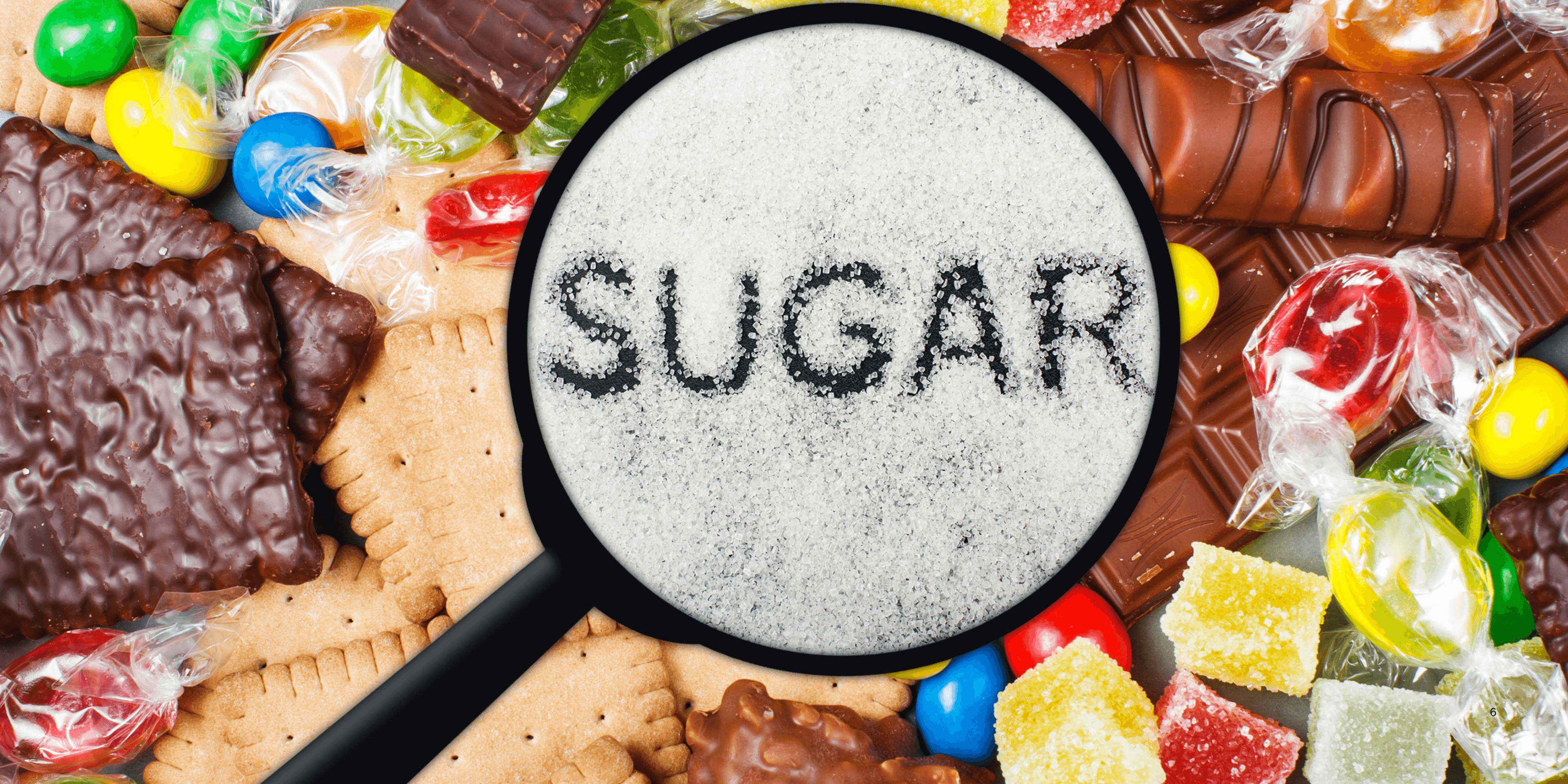
“
Sugar and processed foods' impact on human health has become a major global concern. These highly refined food products are often loaded with empty calories, synthetic additives, and hidden sugars that alter metabolic functions, contribute to chronic diseases, and affect mental clarity. From increasing obesity risk to influencing mood and long-term organ health, the influence of these foods is complex and far-reaching. 1
1
”
Hippocrates, the father of modern medicine, warned that poor food choices often lead to disease. Modern studies echo this, linking refined sugars to rising heart and liver problems in all age groups. 1
Regularly consuming processed foods triggers insulin spikes, which burden the pancreas. Over time, this persistent overload increases the risk of type 2 diabetes, even in younger or thinner individuals. 2
High sugar intake causes chronic inflammation, weakening the immune system. Inflammation is a root contributor to diseases like cancer, arthritis, and even mental health issues like depression. 3

Processed foods often lack fiber, which is essential for digestion. Without enough fiber, the gut microbiome weakens, slowing metabolism and reducing the body’s ability to absorb vitamins and eliminate toxins.
Fructose, a type of sugar added to many processed products, is metabolized only by the liver. Excessive intake leads to non-alcoholic fatty liver disease, even in people who don’t drink alcohol. 4
Consuming large amounts of sugar creates a reward cycle in the brain, similar to addictive drugs. It triggers dopamine release, leading to cravings, overconsumption, and emotional eating patterns. 5
Artificial preservatives in processed foods can affect cellular health. Some compounds, like nitrates, are linked to increased cancer risks, especially in the stomach and digestive tract lining. 6
Processed foods are usually calorie-dense and nutrient-poor. This imbalance causes “hidden hunger,” where people overeat but still lack essential vitamins and minerals their bodies require daily. 7
Excessive sugar weakens collagen in skin, accelerating signs of aging. Glycation, a process where sugar attaches to proteins, causes wrinkles, sagging skin, and a loss of natural elasticity. 8
Sugar triggers dopamine but lowers serotonin over time. This imbalance can worsen mood swings, depression, and anxiety, especially among teenagers and those with preexisting mental health concerns. 9

Many ready-to-eat meals contain high sodium and hidden sugars. This combination increases blood pressure and puts continuous strain on cardiovascular health, leading to heart disease or stroke risk.
Excess sugar intake during pregnancy increases risks for gestational diabetes and affects fetal development. Some studies show it may influence childhood obesity and long-term metabolic health. 10
Sugar increases triglyceride levels in the blood, which are fats linked to heart disease. High triglycerides combined with low HDL (good cholesterol) mark a dangerous cardiovascular profile. 11
Refined sugar reduces brain-derived neurotrophic factor (BDNF), a protein essential for memory and learning. Lower BDNF levels are linked to dementia and other age-related cognitive disorders. 12
Processed meats, often high in preservatives, have been classified as carcinogenic by the WHO. Frequent consumption has a strong correlation with colon cancer and other digestive system complications. 13

Consuming sugar in liquid forms, like sodas and sweetened juices, floods the bloodstream faster. This rapid absorption causes energy crashes, brain fog, and even triggers headaches or migraines.
Sugar’s effect on hormones can disrupt sleep. Blood sugar spikes followed by crashes during the night may cause insomnia, restless sleep, or frequent waking without feeling rested afterward. 14
High-sugar diets have been linked to an increased risk of Alzheimer’s disease. Researchers call it “type 3 diabetes” due to how excess glucose damages brain cells and impairs memory functions. 15
Fast food and sugary snacks often contain trans fats that worsen cholesterol profiles. These harmful fats reduce HDL and raise LDL, which increases the risk of plaque buildup in arteries. 16
Ancient physician Galen believed food shaped the body’s “humors” and overall health. Today’s science supports that belief, proving processed foods and excess sugar can deeply disturb body balance. 17


